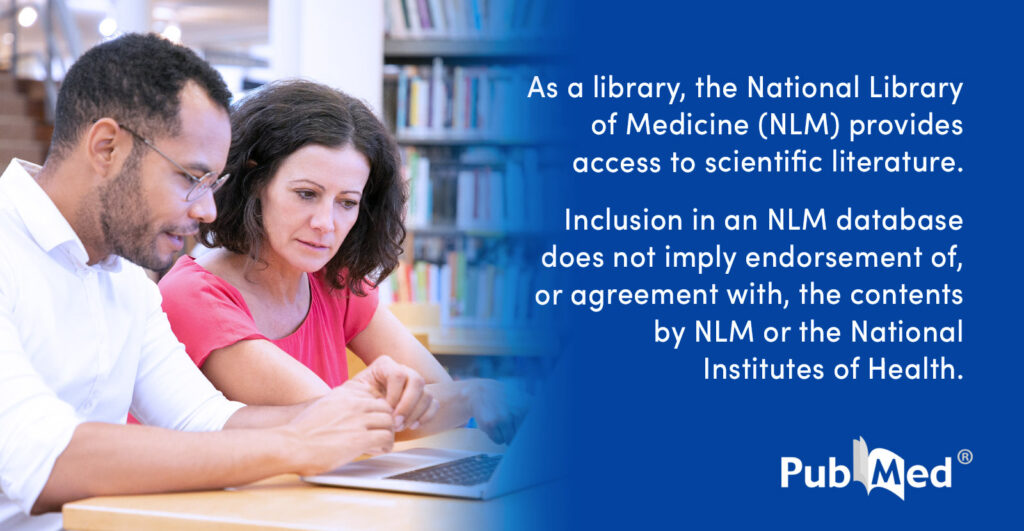
Upper digestive tract cancers, such as oral cavity, laryngeal, esophageal, and gastric cancers, account for 10% of cancer cases and 14.5% of cancer-related deaths worldwide. Conventional treatments often provide limited survival benefits and are frequently associated with adverse effects and drug resistance. Chinese herbal drugs (CHDs) are widely used in the Far East for managing these cancers. In this narrative review, we summarize current clinical studies (published up to June 2024) on the use of 138 CHDs in the treatment of cancers and precancerous lesions of the upper digestive tract. For cancer treatment, 126 CHDs were tested, all in combination with conventional therapies. Each CHD increased the clinical efficacy and/or reduced the adverse effects of conventional therapies. The five-year survival rate is a critical metric for evaluating the clinical benefits of cancer treatments. Four of the CHDs were reported to increase five-year survival rates of patients receiving conventional therapies. The four CHDs are Sishen Jiedu Decoction, Pingxiao Tablet, Fuzheng Guben Granule, and Buyang Huanwu Tang. For managing precancerous lesions, 12 CHDs were tested: six used alone and six in combination with conventional therapies. Zengshengping is one of the CHDs used alone and is the only one that has been proven to prevent the development of esophageal cancer with convincing evidence. This review provides information about the clinical benefits of CHDs and offers a reference for their rational application in treating upper digestive tract cancers. The reviewed studies have limitations: most trials had small sample sizes and were not multi-center; only one study investigated the mechanisms of action of the studied CHD; and the active components of CHDs were not explored. To promote international recognition of CHDs, rigorously designed studies on clinical outcomes, mechanisms of action, and active components are warranted. Moreover, the studied CHDs should be standardized.


